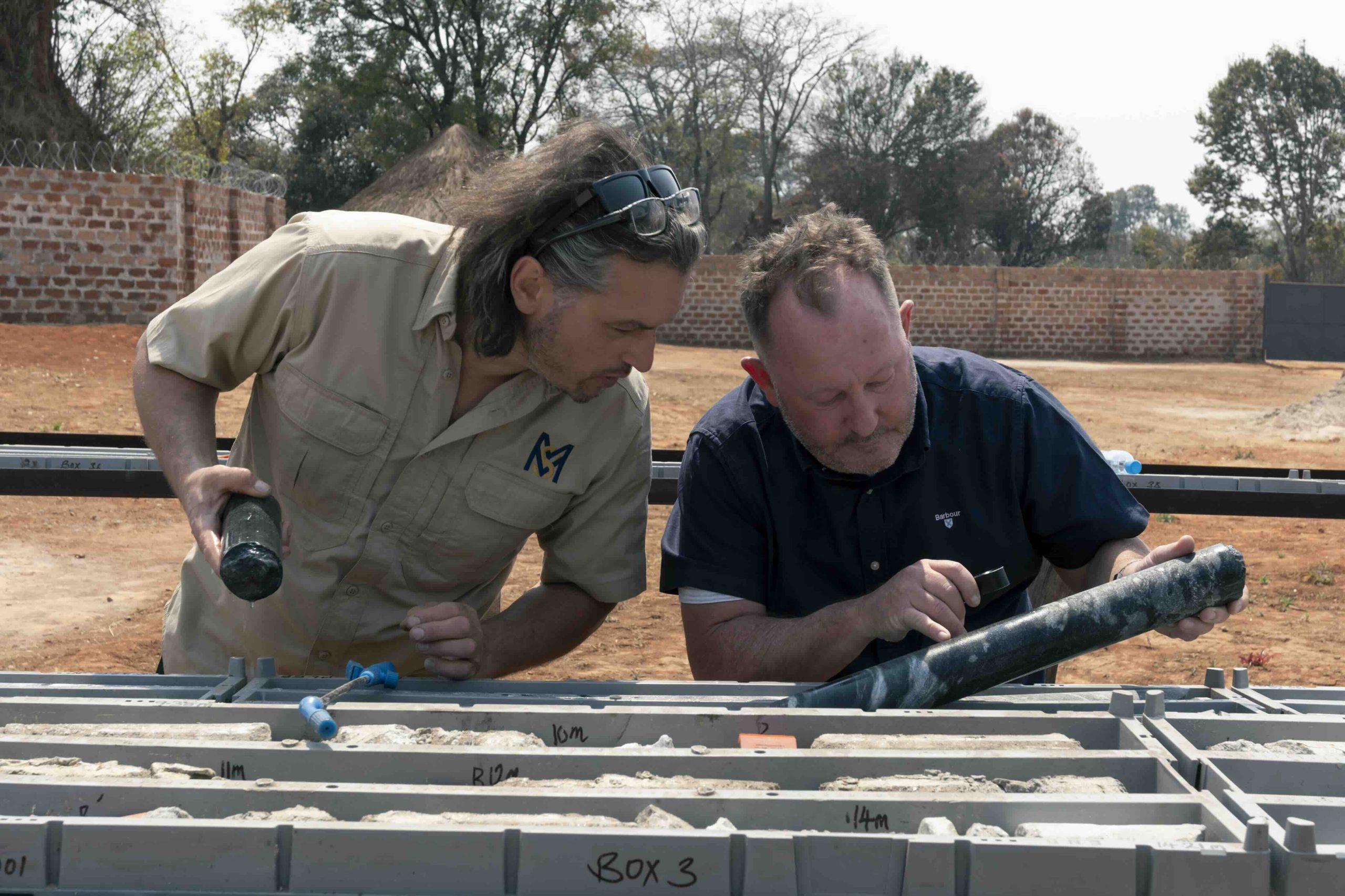Coal and copper led BC miners to profitable 2010
Buoyant prices for coal and copper yielded a profitable year for miners in British Columbia, according to PwC’s annual report on the BC mining industry.
PwC partners Michael Cinnamond and Erfan Kazemi presented findings from their report at a press conference on Tuesday, flanked by key representatives of the BC mining industry, including outgoing BC Mining Association president Pierre Gratton, Gavin Dirom, president of the Association of Mineral Explorers BC, and Patty Moore, chair of the Mining Suppliers Association of BC.
Drawn from 42 participants, the report compiled material from 17 operating mines, 12 in active permitting, eight in advanced exploration, and four that are being reclaimed.
Overall, 2010 was a better year for mining than 2009, but not as good as 2008. Gross mining revenues last year were $7.9 billion, $900 million more than 2009, compared to $8.3 billion in 2008. The higher Canadian dollar had an impact on gross revenues (coal and metals are priced in US dollars), knocking $856 million off gross revenues, notes PwC.
Cinnamond summed up the year by noting 2010 was not a turnaround year for profits, but rather for growth, with three major new metal mines in the construction phase and a pipeline of new projects such as Imperial Metals’ Red Chris mine.
“This is a level of activity that hasn’t been seen in over a decade, and really it signals an industry that’s poised for growth,” he said.
High commodity prices and strong demand painted the bright financial picture, particularly for coal and copper, the province’s chief mining products.
Shipments of coal rose 32% to 22.3 million tonnes in 2010, fuelled by a bump in worldwide steel production and rising coal prices, which increased 15% to US$181 per tonne last year. Coal represented one half of BC’s mining revenues in 2010.
Copper was the second most important mining commodity for BC, accounting for 21% of net revenues in 2010. With the red metal averaging US$3.40/lb in 2010, total revenues rose from $1.2 billion in ‘09 to $1.4 billion in 2010. The increase came despite lower shipments of copper concentrate, from 730,000 tonnes in ‘09 to 712,000 tonnes last year.
Zinc was a strong third contender for revenues, with robust demand and higher prices for zinc concentrates driving revenues up 29% to $755 million in 2010. Molybdenum revenues were up slightly from 2009 in BC, the only Canadian province to produce the metal used for strengthening steel.
Exploration was an important part of the 2010 success story. Total mineral exploration expenditures more than doubled to $322 million from the previous year, with total claims staked amounting to 4.3 million hectares, an increase of 17% over 2009.
PwC indicated that exploration and mining would benefit from the proposed Northwest Transmission Line, which was granted federal government approval last week after several years of lobbying by industry. The $404 million, 335-km electrification project connects the existing Skeena substation south of Terrace to a new substation along Highway 37, bringing power to a number of industrial sites and communities.
Cinnamond also lauded the Harmonized Sales Tax, which was implemented last year by the provincial government and will be voted on in a referendum this coming June. He said the tax has been positive for the mining industry because it allows mining companies and suppliers to receive tax credits on business inputs, which previously were not recoverable under the old provincial sales tax.
“Overall harmonization has resulted in lower costs, particularly with respect to mine development and expansions, and it should boost the competitiveness of the industry in the province,” said Cinnamond.
Meanwhile, in a separate speech to the Vancover Board of Trade, Pierre Gratton — who is leaving his post as head of the Mining Association of BC to become president of the Mining Association of Canada — said the Conservative federal government should use its newly elected majority to settle treaties with BC first nations.
As reported in the Globe and Mail, Gratton said “The future of mining in British Columbia will be shaped by no greater issue than how we relate to first nations.”
The BC mining industry has often conflicted with first nations, most recently Taseko Mines’ proposal to destroy a lake on aboriginal territory to build Prosperity Mine. Much of the province remains subject to land claims, despite three modern-day treaties signed recently.
{{ commodity.name }}
{{ post.title }}
{{ post.date }}





Comments